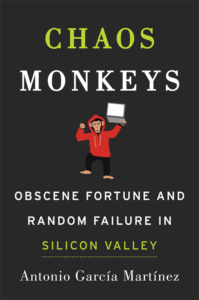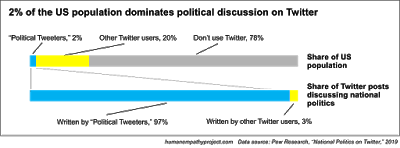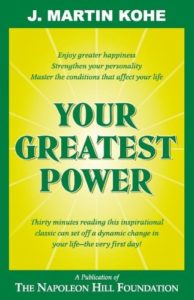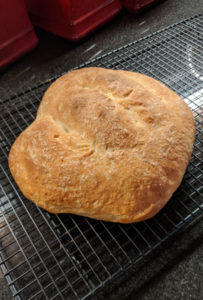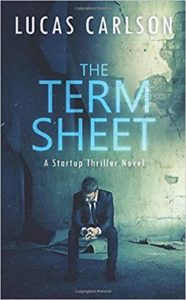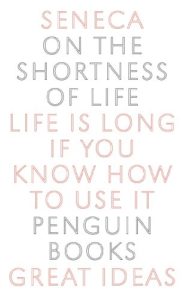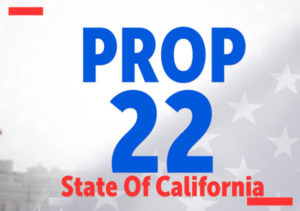
If you have $200,000,000 lying around, there’s something new you can do with it. You can write your own law in California. That’s effectively what Uber, Lyft, Doordash, and others did recently so they could classify their employees as independent contractors. It allows them to save hundreds of millions of dollars annually by not having to pay their fair share of FICA taxes (Social Security and Medicare), unemployment insurance, worker’s compensation, and state and federally mandated benefits such as health benefits, family and medical leave, and paid time off.
I usually don’t get too wrapped up in politics, but this one got me pretty wound up, as those close to me can attest. But, the election’s over, the people have spoken, and Proposition 22 passed. So before I put this one behind me, there are just a few remaining items I’m going to say, and then I’ll let this one rest for good.
Continue reading
